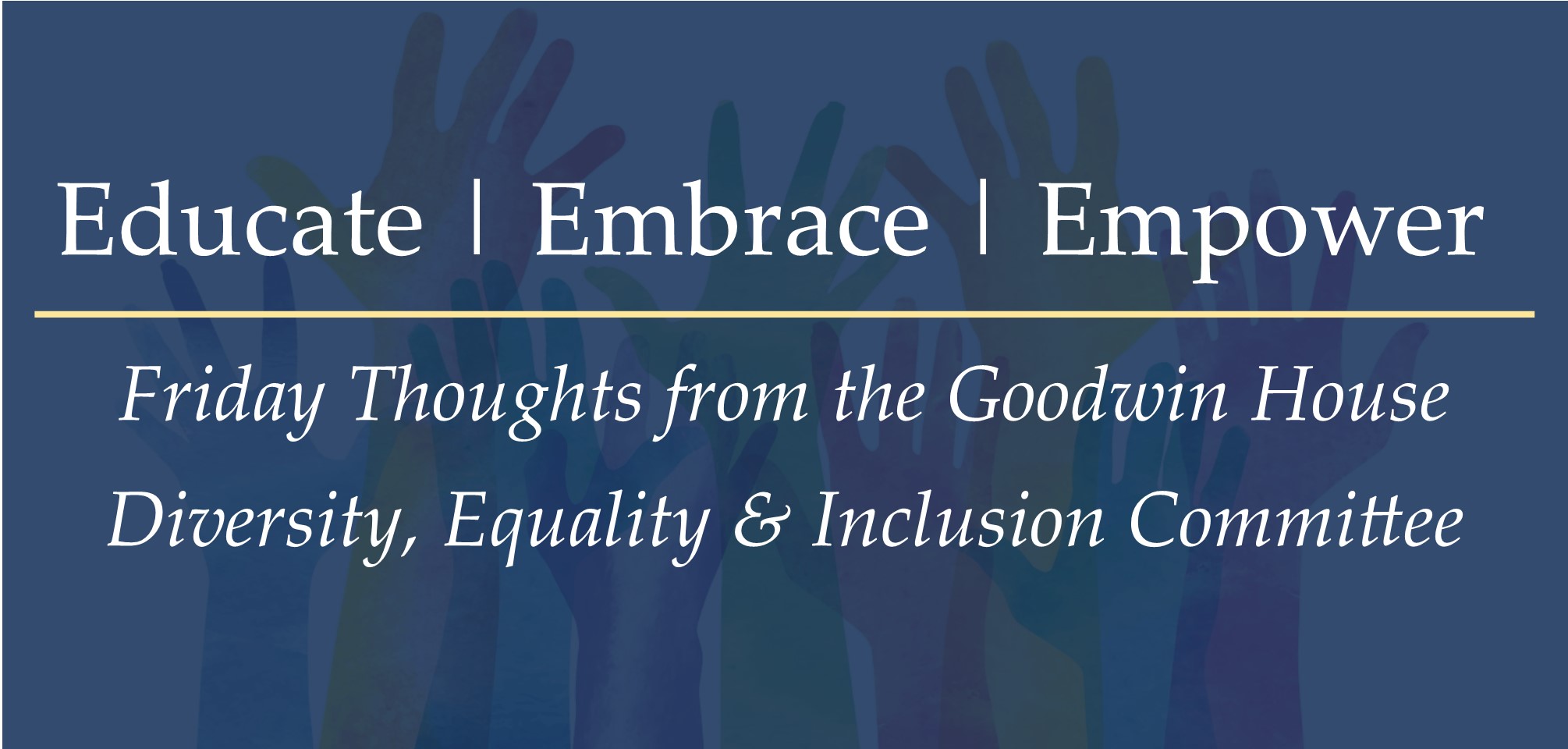
Diversity Equity Inclusion & Belonging - October 11, 2021
by Rev. Frank Wade, GHA Resident
In spite of what current headlines proclaim, the war in Afghanistan was not America’s longest. That unfortunate record goes to the 300 years of conflict between the descendants of the Europeans who came to this country and the descendants of the indigenous peoples they found here. On October 11, each of us will consciously or unconsciously choose between the two observances on the double-tiered holiday called both Columbus Day and Indigenous Peoples’ Day. The combination is understandable but lamentable.
The date marks the arrival of Christopher Columbus in the islands of the Caribbean and his subsequent contact with native peoples. He was, of course, followed by waves of Europeans, including my Dutch and English ancestors, who proceeded to alter world history. In the process, these Europeans visited abominable suffering on the indigenous populations. Some of it was intentional ethnic cleansing, and some was unintentional spreading of diseases, but the overall effect was devastating for the original inhabitants of this land.
Because of its impact on world history, Columbus Day began to be celebrated by many of European descent. In 1971, it was made a U.S. federal holiday to be observed on the second Monday of October. The observances were usually just a mild and unfocused fall break until 1992, the 500th anniversary of the initial contact.
The significance of that quincentennial observance was not wasted on the descendants of the native peoples and those moved by their suffering, resulting in a parallel – perhaps even counter – observance called Indigenous Peoples’ Day. The crowding of two notable and teachable realities into a single day has made it difficult to benefit from either one.
The indigenous peoples in what is now North America had a sophisticated social structure that allowed them to live abundantly and in harmony with the world around them. Their lives were tribal, which afforded a satisfying sense of identity to many,
but also a competitive and isolated lifestyle on a wider scale. The Europeans who ventured into the New World were bold, creative, determined, and basically motivated by a desire to acquire wealth. They did not see the indigenous peoples as their peers, a position supported by the prevailing views of both science and theology at that time.
While the story of the conflict is rich with human virtues and flaws, the outcome was never in doubt. The fractured indigenous tribes were no match for European materialism and technology. What are we meant to learn from this?
Our issue is not choosing which holiday to observe, but to reflect on this aspect of our past to enlighten our present and illuminate our future. We might begin by wondering:
____________________________________
Rev. Francis D. (Frank) Wade is an Episcopal priest and, since 2012, a resident of Goodwin House Alexandria. His educational degrees are from The Citadel in Charleston, SC and The Virginia Theological Seminary. After serving churches in his native West Virginia for 17 years, he spent 22 years at St. Alban’s Parish adjacent to Washington National Cathedral. Over the years he has experienced many cultural upheavals. In those contexts he has seen that open and honest conversation are as necessary in searches for new understanding as masks and distancing are during a pandemic. While they do not solve the problems, no solution is possible without them. He looks forward to contributing his insight and experience on the Goodwin Living Diversity, Equality & Inclusion Committee.
About the Diversity, Equality and Inclusion (DEI) Committee: We are a group of staff and residents who together serve a mission to educate, embrace and empower a workplace of diversity, equality and inclusion. Our vision is to seek open and honest communication and collaboration that will inform and celebrate the cultural, ethnic and sexual orientation of all members of our staff without bias.
Questions or comments? Please contact us dei@goodwinliving.org.
